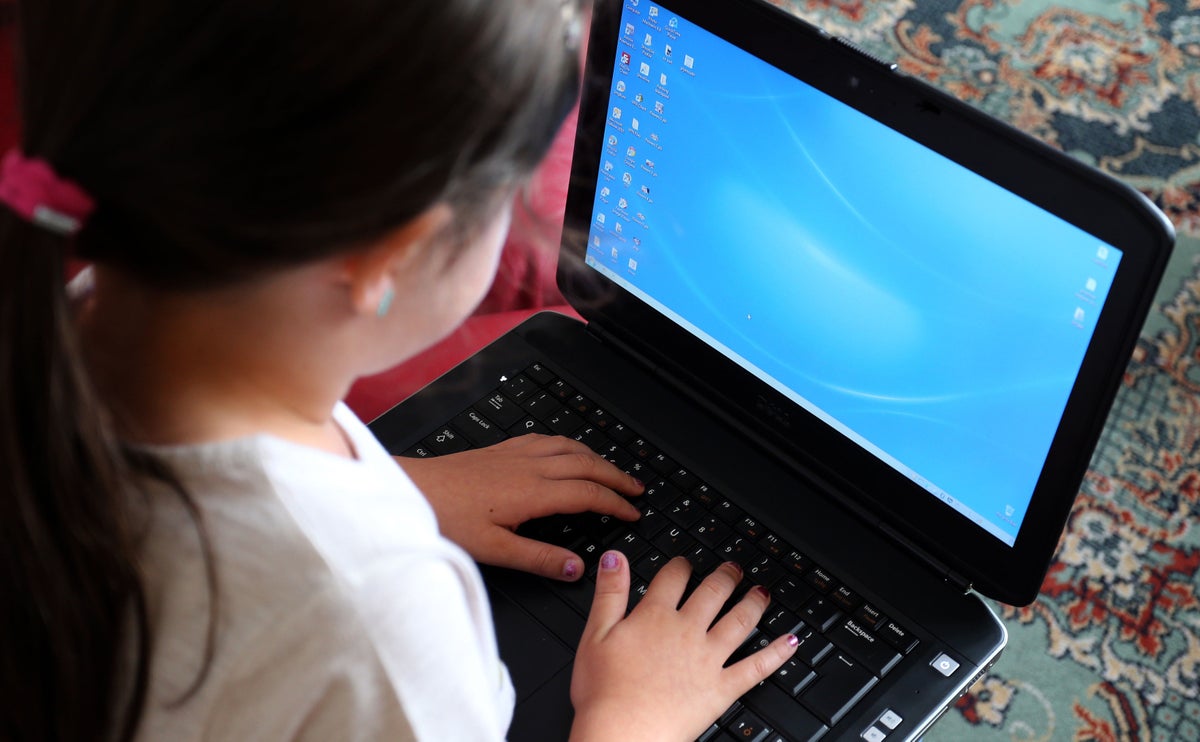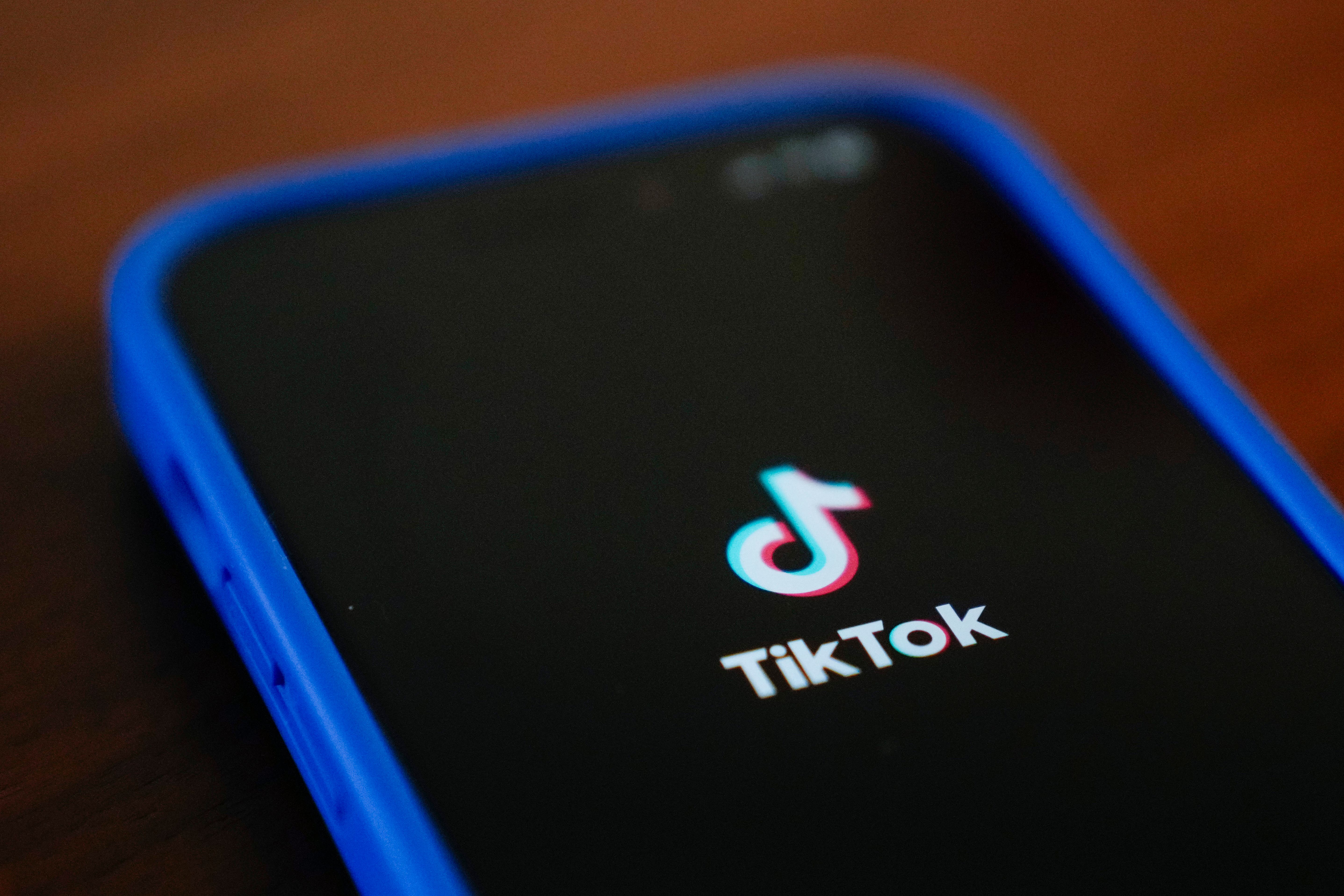
The top children’s slang words have been revealed by Oxford University Press, with many of the words leaving people scratching their heads.
While “Artificial intelligence” lost out to “Kindness” as the 2024 Children’s Word of the Year, children also had the opportunity to vote on their favourite slang words.
More than 3,000 children across the UK aged six to 14 were asked for their word of the year, with “kindness”, “artificial intelligence” and “conflict” among the most common suggestions, according to publisher Oxford University Press (OUP).
These three words, along with three shortlisted slang words chosen from a a survey of 1,200 children, were then put to a vote by a further 2,000 children.
More than one in four surveyed for a slang word chose “slay”, which has appeared on the colloquial shortlist for the past two years. The terms “sigma” and “skibidi” were voted as second and third choices respectively.
Sigma – a term popularised by figures such as controversial influencer Andrew Tate – is used to describe a highly successful and independent person. The slang term is typically used to describe a “self-reliant” male. It is not to be confused with the eighteenth letter of the Greek alphabet.
The term “slay”, refers to someone who is stylish or successful. It can also mean to impress someone very much or to be very good. It was voted children’s most preferred slang term.
The third most popular term was “skibidi”, which has become prevalent among Gen Alpha – those born after 2010.

Skibidi has no real meaning – it can simultaneously mean bad or good or weird, depending on the context of the conversation. It can also be used a gibberish filler word.
Children surveyed for the OUP poll gave examples of when they would use the term, including, “my chances of winning are very skibidi” and, “oh, it’s totally skibidi mode”.
The phrase first appeared in the "Skibidi Toilet" online series on YouTube. Alexey Gerasimov posted the first video in the series to the website in February 2023,and it swiftly gained popularity online, especially among kids. The animated film sees a battle between human-headed toilets and humanoid beings with electric devices for heads.
All three terms have been increasing in popularity due to social media, particularly TikTok and Instagram. More than one million children under 14 in the UK use TikTok, according to recent estimates.
Away from the perplexing slang terms, 61 per cent of children surveyed chose “kindness” as the Children’s Word of the Year, with some of them associating the word with mental health.
One child said that “it’s always important to be kind as a lot of people struggle with their mental health” while another said kindness is important “as you don’t know who is suffering”.
A quarter who were surveyed chose AI and 53 per cent of the children who selected the word associated it with positive adjectives including “excited” and “optimistic”.
Andrea Quincey, director of early years and primary publishing at OUP, said: “It is so encouraging that kindness has been voted — by a considerable majority — as the Oxford Children’s Word of the Year for 2024.
“We know from previous years that young people are very conscious of the big issues that can divide us as a society and attuned to the important role which language can play in bringing people together.
“This choice suggests something more personal: an awareness of mental health issues and of the hidden challenges others may be facing.
“It tells us that empathy and tolerance and the language we use matter, and that kindness is not only a solution to so many problems but is something everyone and anyone can do to make a difference.”







